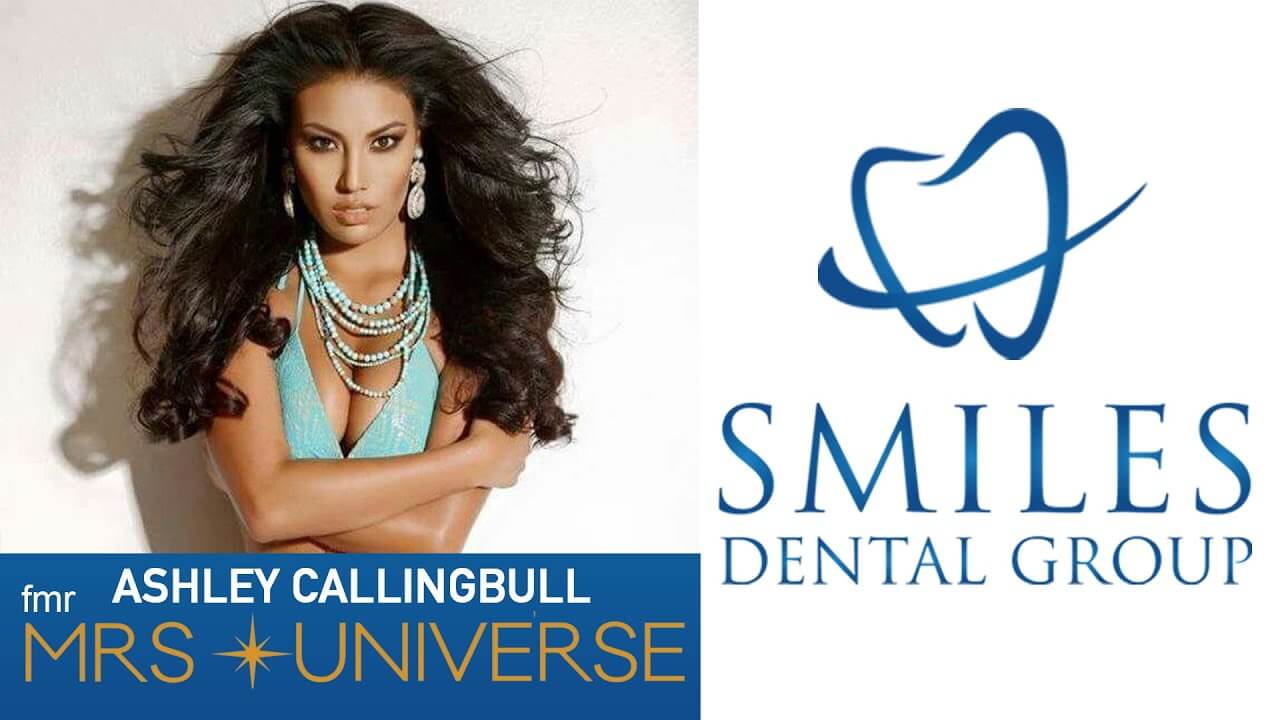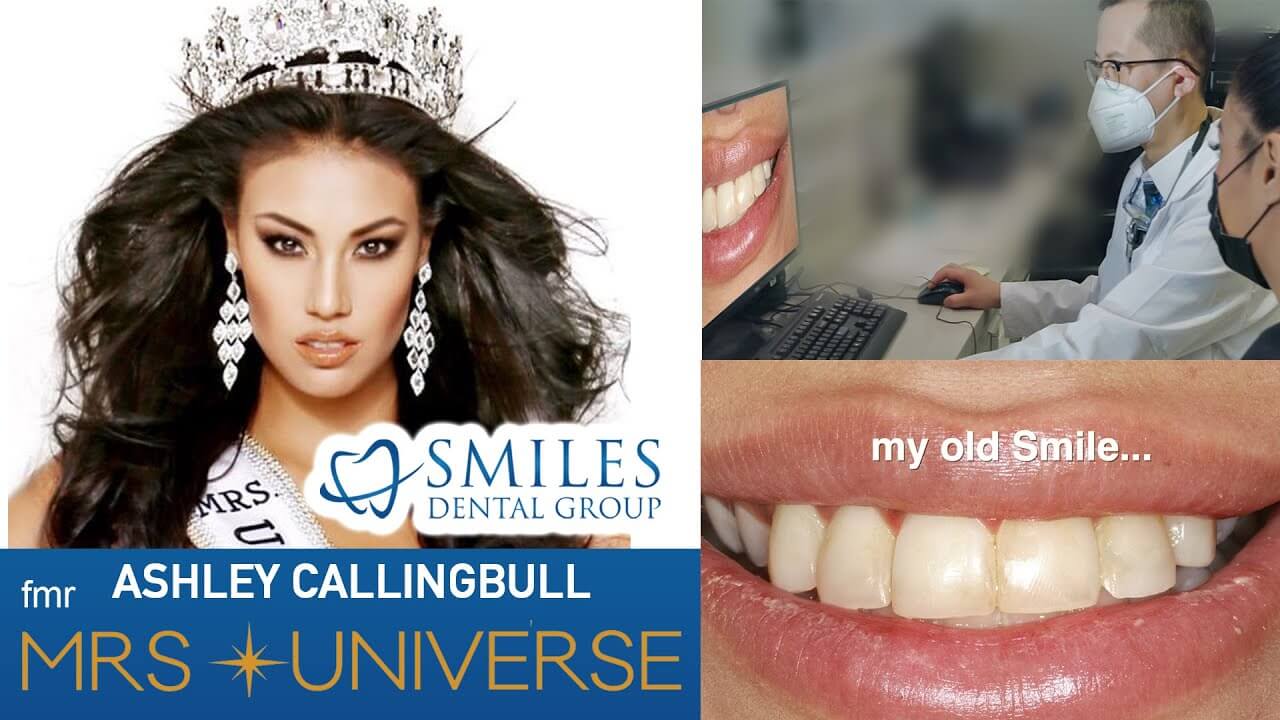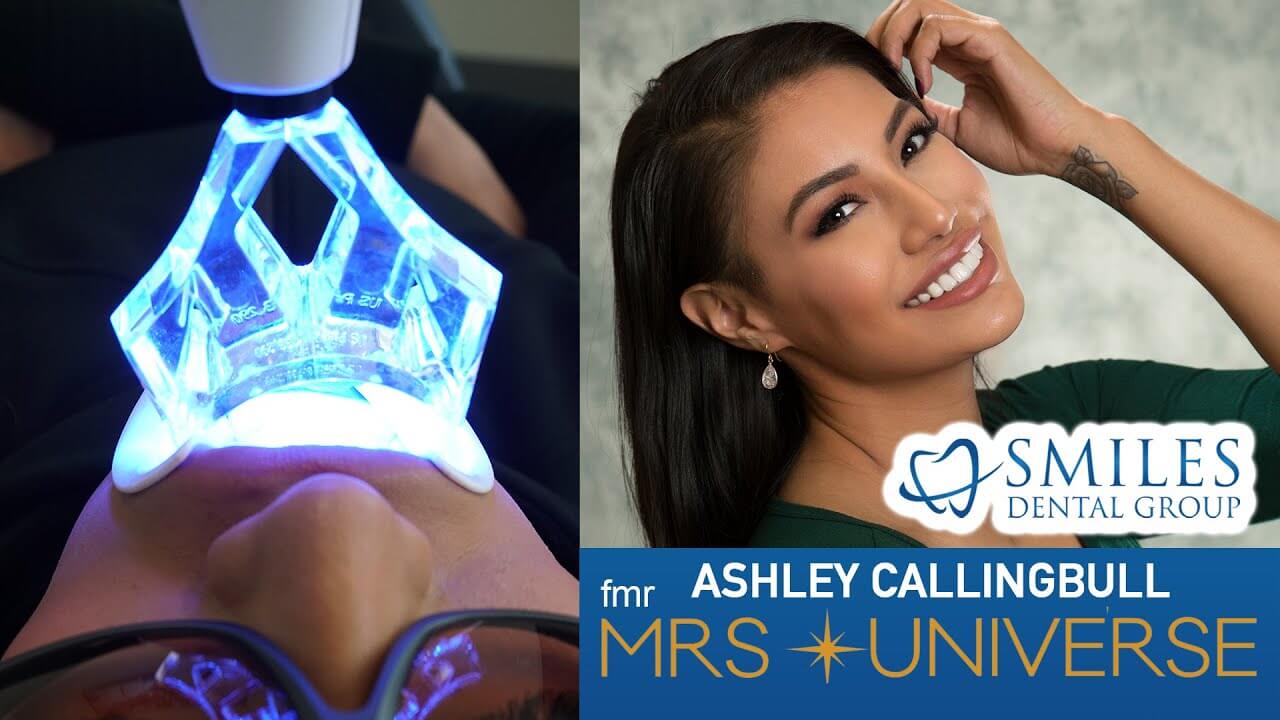What Are Dental Crowns?
Dental crowns (tooth crowns) are artificially made caps for teeth that have been severely damaged, either by significant tooth decay, trauma or have had root canal therapy (RCT). These replacement caps are artificially made out of common dental materials such as stainless steel, gold or ceramics. The material is formed and shaped to appear as a natural tooth.Dental Crown Fast Facts
- Crowns may be used when a singular tooth has been damaged.
- The first dental crown dated back to almost 4,000 years ago!
- Ceramic dental crowns weren’t used until the 20th century
Dental crowns are a commonly used dental solution and they have been around for multiple millennia (literally). 4,000 years ago they were using crowns, in fact, they were even using gold crowns on their teeth just like we do today! Now we have a lot more options for crown materials and considerably better ways to lessen or get rid of any pain that may occur.
How are dental crowns (caps) placed in the mouth?
- The original tooth that was damaged is preserved as much as possible to create a base for the crown.
- Once the proper shape and size for the base have been achieved, the crown will be fitted onto it.
- A super-strong dental adhesive will be used to secure the crown to the base.
- For the final step, regular checkups to ensure the structural integrity of the crown.
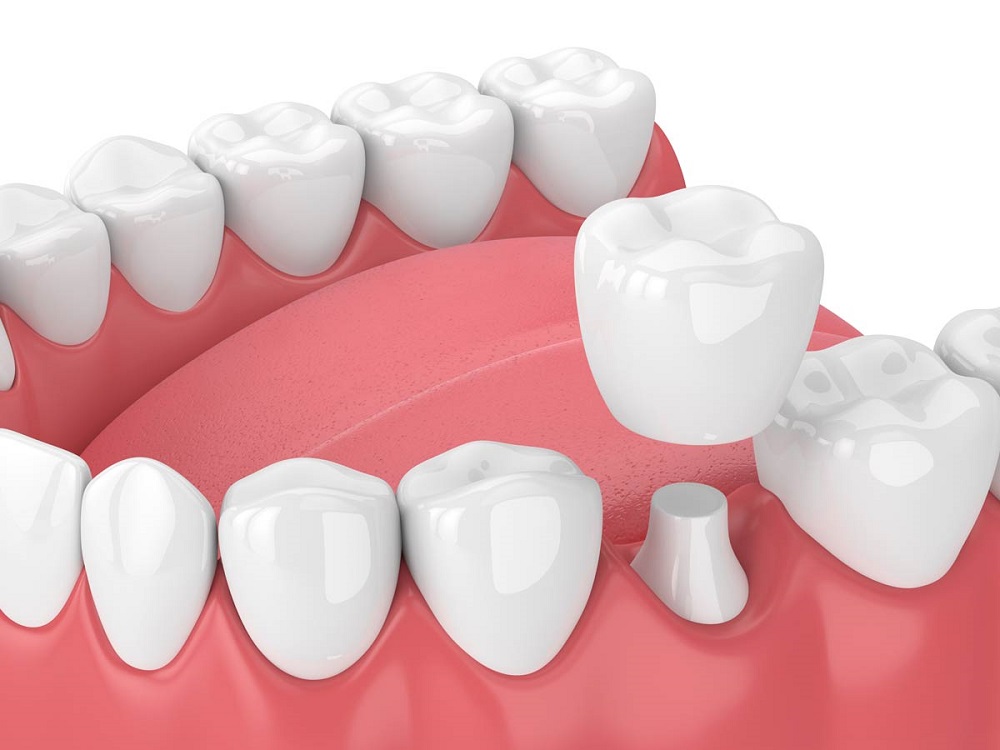
Who needs a dental crown?
- Protecting a tooth
- Restoring a broken tooth
- Covering and supporting a tooth
- Covering misshapen or severely discolored teeth
- Covering a dental implant.
- Covering a tooth that’s been treated with a root canal.
Are Dental crowns common?
What are onlays and 3/4 crowns?
Not all situations will require the crown to cover the entire tooth, this is where onlays and 3/4 crowns tend to be helpful. These types of crowns only cover part of the original tooth instead of the whole tooth.
Why would someone need an onlay or 3/4 crown?
- The tooth is only partly damaged – Preserving as much of the original tooth as possible is generally the goal, so if only a partial crown is needed, that is generally a better and less costly option.
- The tooth needs to be re-shaped – If part of your tooth cracked due to trauma, or decays then you may need a 3/4 crown to reshape the tooth. This will help with chewing and possibly speaking.
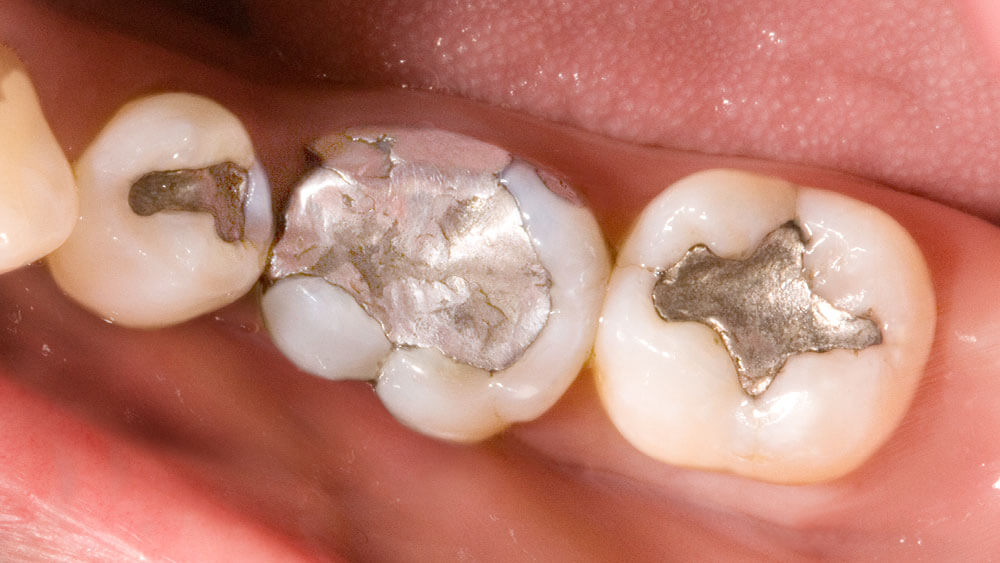
What Are Dental Crowns Made Of?
Dental crowns are made of numerous materials, these can include:
- Metal – Generally, the hardest and longest lasting crown, great for out of sight teeth like molars.
- Porcelain fused to metal – Also a tough crown that can be matched to the color of tooth.
- All-resin – These caps are generally less expensive, but may be less durable than other crowns.
- All-ceramic or all-porcelain – These have the best color matches to teeth, and are great for patients with metal sensitivities.
- Pressed ceramic – These have the best of both worlds, they can be color matched, and still have a tough inner-core that will increase their durability.
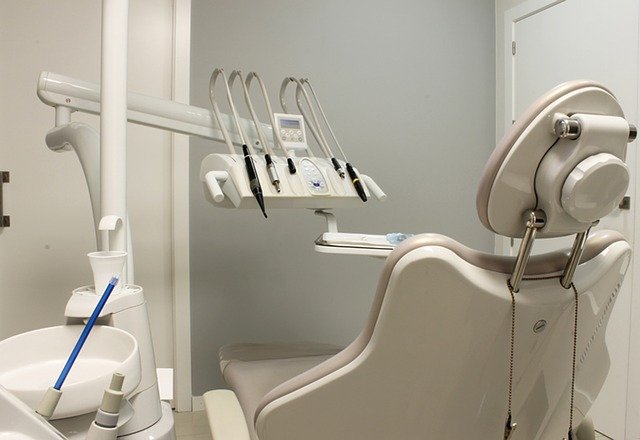
Are there any risks when getting a crown?
- Discomfort or increased sensitivity – Newly crowned teeth may be sensitive once the anesthetic has worn off. The sensitivity should decrease over time, and the dentist may advise you to use toothpaste designed for sensitive teeth.
- Chipped crown – Crowns are not indestructible, and they may break depending on the force applied as well as the particular type of material used.
- Crown falls off – The adhesive cement used by the dentist may erode away, this can allow for bacteria to get under the crown and potentially enter the tooth. If you feel your crown loosen, it is advisable to contact your dentist sooner rather than later. If the adhesive cement breaks away entirely, the crown may fall off. If the crown becomes completely detached, book an appointment to see your dentist immediately and bring the crown with you.
- Allergic reaction – If you have a allergy to the materials used and you’re not aware of it, you may experience negative symptoms. These allergies are very rare, however, if they do happen you may need a crown made out of another type of material.
- Dark line next to the gumline – If you have a porcelain-fused-to-metal crown you may see a dark line next to the gums, this is just the metal showing through.
The dentist will always do their best to help lessen the pain of any dental visit. Preparing a tooth for a crown is not painful and is a minimally invasive procedure. The healing time required after placing a crown is generally short and the risks associated with the procedure are also minimal.
The 2021 Alberta Dental Fee Guide recommends porcelain-fused-to-metal crowns be priced at $691.15. Smiles Dental Group prices them ALWAYS below the guide, at the time of this blog, they are $662.15.
Traditional porcelain crowns typically take at least 2 visits.

